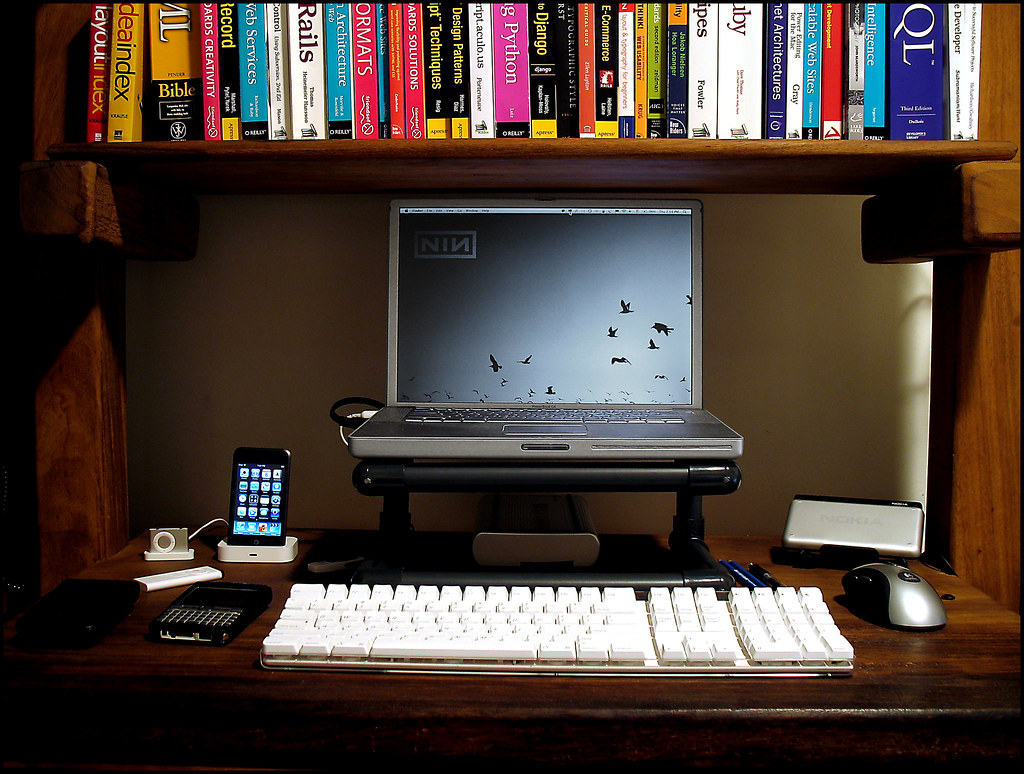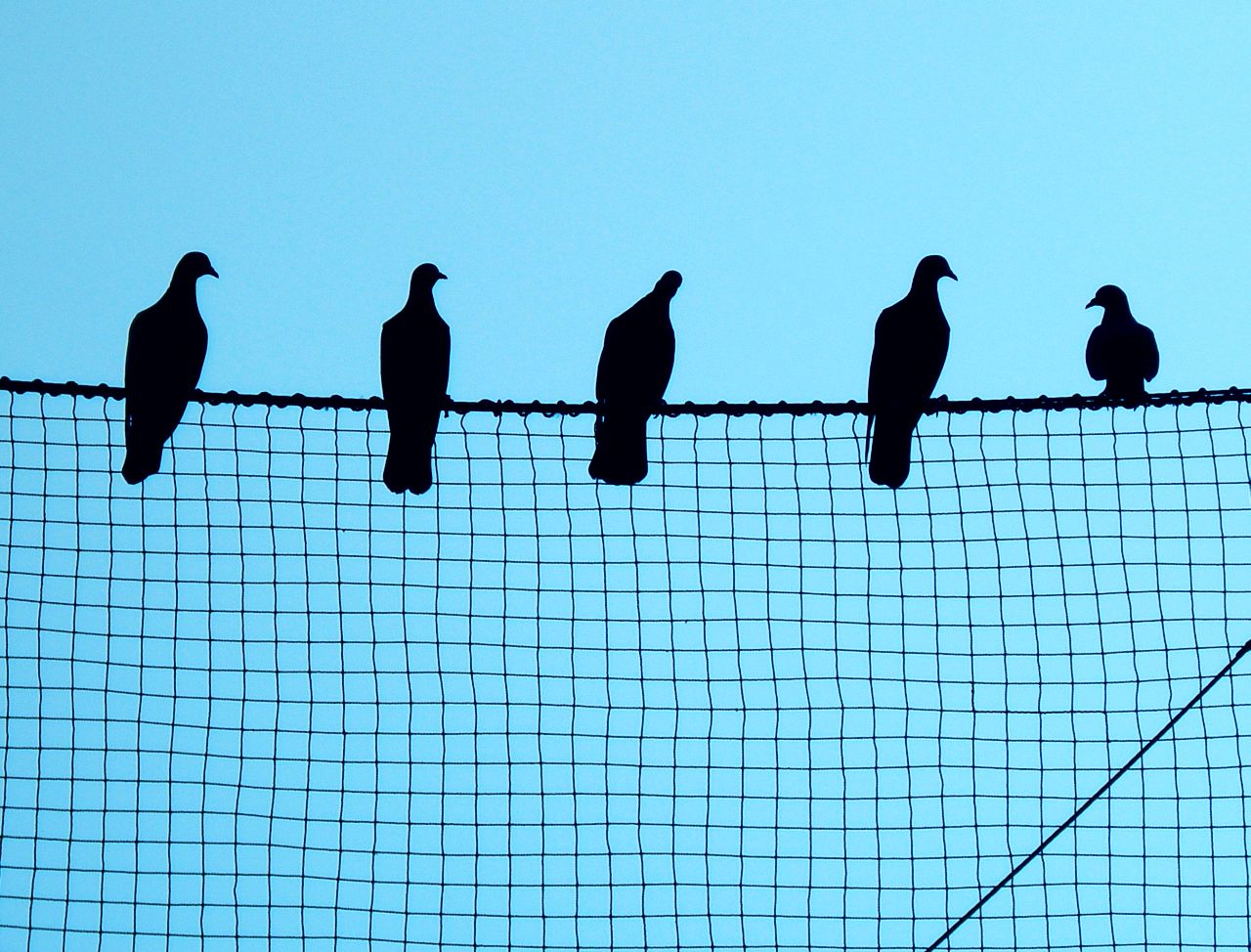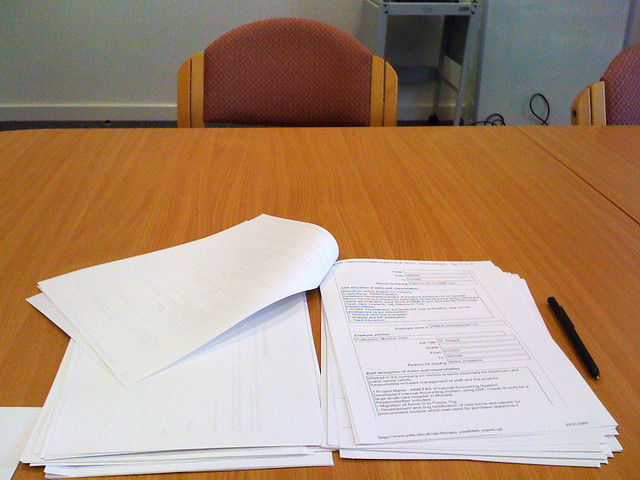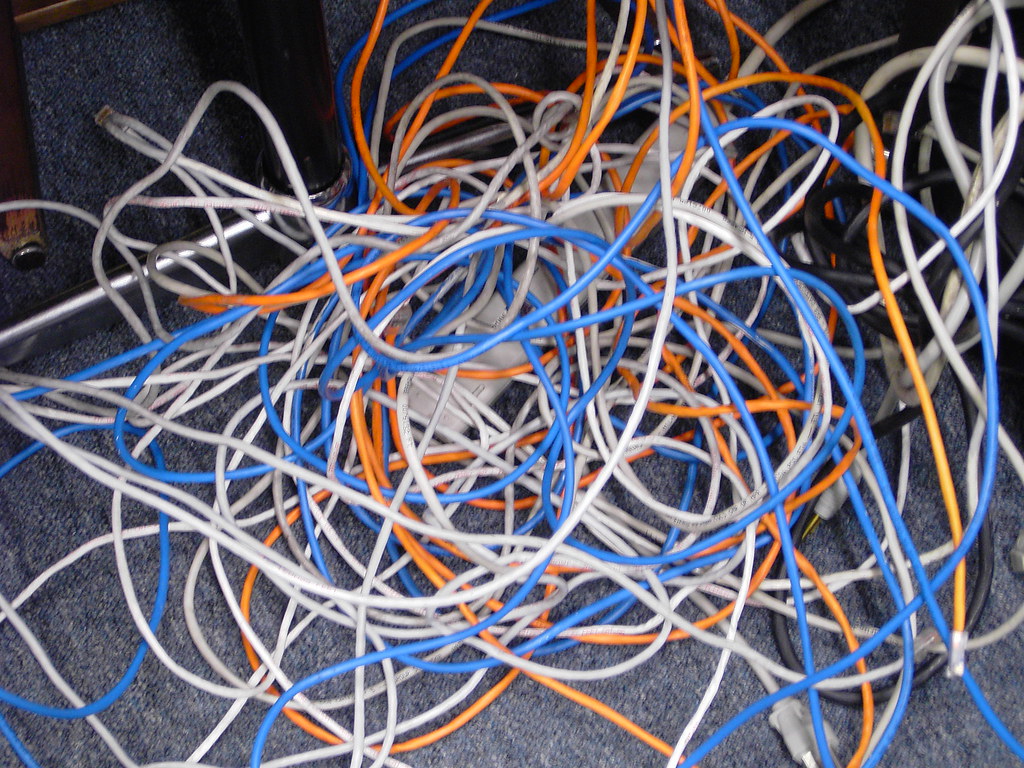I'm quite glad there's no new Thing to think about this week, as the programme seems to have flown by and it's good to be prodded into doing some reflection on what we've already covered!
"Old" Things
About half of the "technical" things have been ones I'd tried out at least once before. Doing CPD23 has made me the explore things that I hadn't given much time to before (Zotero and Google Calendar in particular) more closely, and now Google Calendar has made its way into regular use. I think Zotero might well be very useful next year in my MA, and anyway
as Jen says, it's a useful thing to be able to tell our students about. I was already a regular user of Twitter, RSS feeds and, of course, blogging, and these remain some of my favourite Things!
"New" Things
Of the technical Things I'd not tried before, I really like Evernote, screencasting and Prezi, though I haven't had much reason to use any of these yet. I've made a LinkedIn page and have joined a few groups. I'm finding it quite useful to follow the discussions but I haven't joined in much myself, it's just one social network too many at the moment! Even though I wrote the instructions for Pushnote, and so should perhaps be feeling some fondness for it, I didn't find it useful and have deleted the addon from my browser.
Although I may have done some of the professional development activities before, I'm lumping them all in together under New Things because I'd never really thought about them properly before. These have been the Things where I've most enjoyed reading other peoples' blog posts, even if they have been much harder to write posts for! I think rather than integrating any one of these "thinky" Things into my work life, the most useful thing I could take away from this programme would be to get into the habit of keeping reflecting on what I'm doing both at work and outside of it, and thinking what I could do better/more.
"Extra" Things
While I've been taking part in CPD23 and Cam23 2.0, I've obviously been trying a lot of different tools. And from reading other participants' blog posts I've picked up several tips for other handy tools, of which I have started using three fairly regularly.
Ifttt allows you to create tasks based on the format "if this, then that." Ifttt currently supports 33 different channels, including Twitter, Facebook, Tumblr and Dropbox (no Blogger yet unfortunately). This allows seemingly endless possibilities for the tasks you can create. So far I have set up three: If I publish a new Tumblr post, automatically tweet the link (the rest of the message can be customised when setting it up). If I'm tagged in a Facebook photo, download it to my Dropbox folder (thanks
@SuzanneStage for that one!). If it's forecast to rain in Cambridge tomorrow, send me an email (I never seem to check weather forecasts!). At the moment Ifttt is invitation only, but if anyone would like an invitation I have a few. Thanks
@meimaimaggio for inviting me!
PrintFriendly is a really simple idea, which is both useful and environmentally friendly, saving ink and trees. If you drag the bookmarklet to your browser toolbar, then it allows you to convert any webpage into a print friendly PDF in a few seconds. You can change the font size, and click on any pictures, logos and even paragraphs that you don't need to print, and it gets rid of them for you.
Picnik is a free online photo editing tool, you don't have to download anything or even register, so it's very quick and easy to tart up your photos (which you can either upload or grab from Facebook, Flickr, Picassa etc.). You can also add text, frames and effects to the photo, so could be used to make posters as well. Thanks to
@jimmy1712 for introducing me to this!











